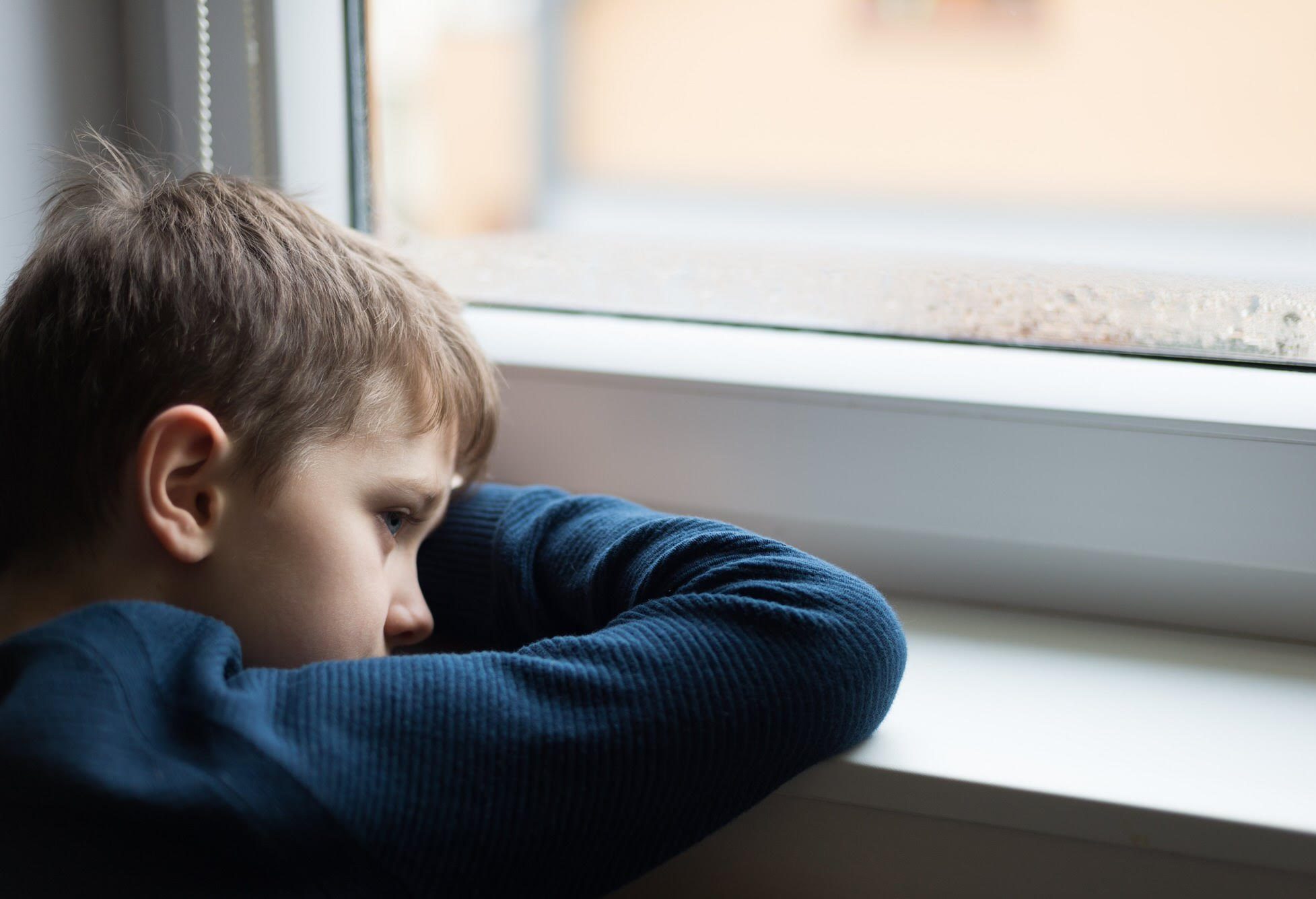As the Conoravirus death toll continues to rise, more and more youngsters are having to cope with the loss of a loved one. Former primary school teacher Catherine Lynch of education resources and lesson plan experts PlanBee has step-by-step advice for parents helping their children cope with bereavement.
The daily announcement that yet again hundreds of loved ones have died from Covid-19 continues to shock us – as it should. But for young children, most of whom are stuck at home without the distraction of school and socialising with friends, talk of death can be extremely disturbing and overwhelming.
As the number of victims continues to rise – and with age identified as one of the key risk factors – those lost may include grandparents, elderly neighbours, or relatives of their friends. And increasingly, as the virus takes hold, children are mourning parents, uncles and aunts.
And for those whose parents and loved ones are key workers in, for example, the NHS, supermarkets or transport, there may be special worries that their relatives are particularly vulnerable.
If a relative or friend does succumb to the virus, here is some advice as to how best to discuss it with your child, who may be feeling bewildered as well as extremely sad. The challenge is to be honest and truthful while making your dialogue age-appropriate and reassuring.
Don’t shy away from difficult information
Talking about illness and bereavement are incredibly challenging conversations to have. It can be tempting to try and shield children from difficult information, but they are likely to overhear conversations and pick up on adults’ emotions. This makes it highly likely they will become frightened and confused about the unknown. Where possible be honest with children in an age-appropriate way.
Tell them if a relative is unwell
Talk to them about what is happening and tell them if someone they know is unwell. Answer their questions as best you can. Talk about how you are feeling, if you are able to. Don’t be shocked or worried if your child doesn’t seem to engage with the conversation. Follow their lead, give them time to process the news and be ready to talk to them when they approach you.
Use direct language
Talk to your child in simple, direct language to explain when someone dies. Avoid comparing dying with falling to sleep. This can make children incredibly anxious about going to sleep themselves. Also avoid euphemisms like ‘we have lost…’. This can be confusing for children. You may want to read a picture book about bereavement together. Stories are excellent for sharing difficult concepts with children in an accessible way. They give people the language to discuss this type of event. You may find a child will request a book about bereavement rather than directly ask to discuss it. Books can seem much less threatening than having a deep and meaningful conversation.
Anger is OK as well as sadness
Acknowledge all feelings after a bereavement. This includes, but is not limited to, sadness, loss, anger, worry, relief, guilt, happiness, numbness. Feeling any of these emotions is normal; none of them makes someone a bad person. Most people experience a mixture.
Adults are suffering, too
Expect everyone in your household (this includes adults) to have times where everything feels overwhelming. For children, this may present in more challenging behaviour as they struggle to regulate their emotions. They may also start acting as if they are much younger than they are, seeking lots of cuddles, wanting to be spoon fed at mealtimes, demanding they are given something unrealistically expensive, and being completely devastated when something small doesn’t work out as they hoped.
Accept their feelings of anger
While it can feel frustrating when your child loses the plot over their brick tower falling down, remember that they are processing a lot of complicated emotions. It is much easier to express anger and upset over something specific and tangible than to explain feelings around something as big and sometimes abstract as the death of a loved one. If they are seeking much more attention than usual it may feel smothering, especially while our support networks are so different from usual. Arrange video calls with friends and family and don’t feel guilty about extra cuddles on the sofa. Try to engage your support network as best you can remotely and be kind to yourself.
Remember your loved one
Share memories of the person who has died. This is especially important at the moment when only a small number of family members are permitted to attend wakes and funerals. You may want to plan a memorial service for when restrictions have been lifted. This is an opportunity for separated families to work together and may provide a useful thing to focus on.
Say your own goodbye
Holding your own, personal ritual as a household is a lovely, gentle way to say goodbye. You could all share a memory of the person. Encourage your child to draw pictures or write messages to put in a memory box; think about what is most fitting for you and your family.
Possibly most importantly look after yourself. Don’t be hard on yourself. You will probably feel a wide range of emotions and regulating your own emotions while holding your child’s is incredibly difficult. Give yourself time to process the loss.
Visit Winston’s Wish or Child Bereavement UK to access more support for children and families.
Catherine Lynch is a former primary school teacher and now a member of the senior team at lesson plan and education resources experts PlanBee.




